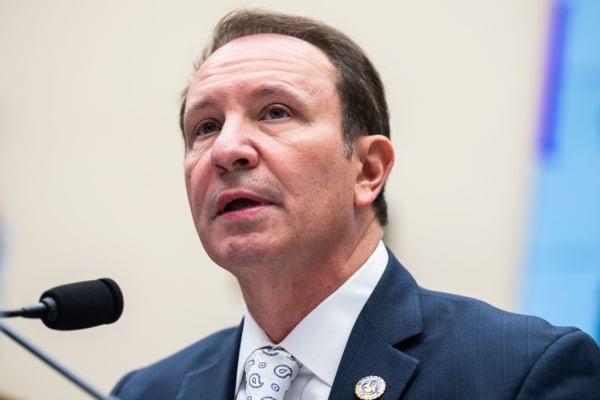Louisiana Governor John Bel Edwards recently signed a bill into law that gives him more control over the state’s college and university boards. The new law, which was passed by the state legislature and signed by the governor, allows him to appoint a majority of the members on the boards of several higher education institutions in the state.
This move has caused some controversy among lawmakers and education officials, with critics arguing that it gives the governor too much power over the governing bodies of these institutions. However, supporters of the law argue that it will help improve the accountability and efficiency of the boards, as well as ensure that the governor’s priorities for higher education in the state are represented.
Under the new law, the governor will now have the power to appoint a majority of the members on the boards of several colleges and universities, including LSU, Southern University, and the University of Louisiana system. Previously, the boards were made up of a mix of gubernatorial appointees and members elected by alumni, faculty, and other stakeholders.
Governor Edwards has said that the new law will help him ensure that the state’s higher education institutions are best positioned to serve the needs of students and the state as a whole. He has also emphasized the importance of having a unified vision and leadership at these institutions in order to address the challenges facing higher education in Louisiana.
Critics of the law have raised concerns about the potential for political interference in the governance of these institutions, as well as the impact on the autonomy and independence of the boards. They argue that the new law could lead to conflicts of interest and undermine the effectiveness of the boards in making decisions that are in the best interest of the colleges and universities.
Despite the controversy surrounding the new law, Governor Edwards has defended his decision to sign it, stating that he believes it will ultimately benefit the state’s higher education system. He has also pledged to work closely with the boards to ensure that they are able to fulfill their responsibilities and continue to provide quality education to Louisiana students.
Time will tell whether the new law will have the intended impact on higher education in Louisiana. In the meantime, it has sparked a lively debate among lawmakers, education officials, and the public about the proper balance of power and authority in governing the state’s colleges and universities.


